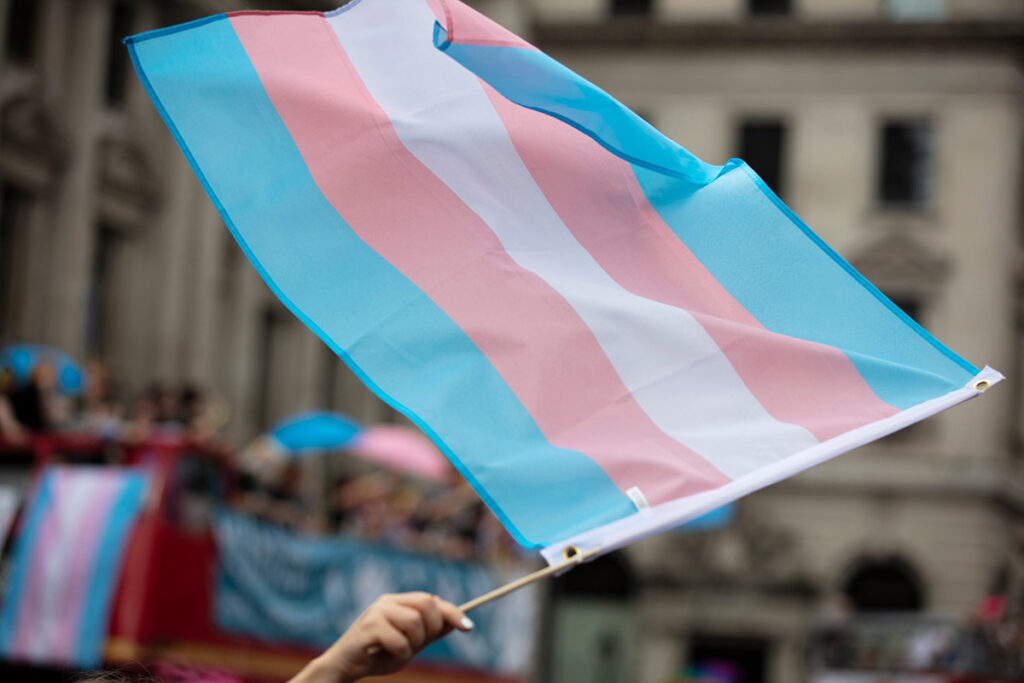- NOVALUNE LASER
- .
DOES HAIR GROW BACK AFTER LASER HAIR REMOVAL?
DOES HAIR GROW BACK AFTER LASER HAIR REMOVAL?

Are you sick and tired of having to shave or wax constantly? Do you wish your skin was silky and hair-free instead of dry and irritated? Are you someone who constantly deals with razor burn from shaving or ingrown hairs from waxing? Are you just OVER IT?
Are you sick and tired of having to shave or wax constantly? Do you wish your skin was silky and hair-free instead of dry and irritated? Are you someone who constantly deals with razor burn from shaving or ingrown hairs from waxing? Are you just OVER IT?
How does laser hair removal work?
During laser hair removal, concentrated pulses of light are emitted from the laser and converted into heat. The heat is absorbed by the melanin or hair pigment, damaging the hair follicles. Although laser does reduce fine hair, the best results are seen on treatment areas with coarser hair.
What kind of results should I expect from laser hair removal?
After a full treatment round of laser hair removal, you can enjoy smooth skin for years. Laser hair removal, however, isn’t a permanent solution for unwanted hair, rather a semi-permanent solution. This is because while LHR forces the hair follicles into prolonged dormancy, it does not remove the follicle from the skin completely.
So, will my hair grow back after laser hair removal?
Are you looking to have, say, your legs lasered? You’re probably wondering: how long does leg hair take to grow back after treatment? Will it grow back at all?
Laser hair removal is not a one size fits all treatment. For some recipients, they never have hair growth again in the treatment area. Others have very mild regrowth where an occasional touch-up treatment is all they need. Individuals with denser hair may need to come back for multiple sessions every 2 – 4 years.
The goal of laser hair removal is to damage the follicles so that they are unable to grow any hair. It is possible, however, that some survive treatment. Over time, treated follicles can still recover from the initial damage and grow hair again.
Observing some hair growth after treatment does not mean that the LHR was ineffective. It can target about 80 – 90% of your hair and the hair left behind should grow back finer and slower.
What factors can cause new hair growth after laser hair removal?
There are multiple factors that can lead to hair regrowth. They include hormone levels or changes, various medications, genetics, pregnancy, polycystic ovary syndrome (PCOS), and the type and density of the individual’s hair. Another factor that affects the longevity of the results is the location of the treatment. You will experience results for longer if you are removing hair from your arms, legs, or pubic region versus thinner hair from your face, neck, or chest. Skin health also plays a vital role in regrowth.
Why do you need multiple sessions?
First, the total number of treatments varies by individual skin tone and density of hair above and below the surface of the skin.
Multiple sessions are imperative because hair does not just grow continuously, rather our hair has four different stages and the laser technology can only target the hairs in the active growth stage.
- Anagen is a cycle of follicle regeneration where hair follicles undergo periods of regrowth.
- Catagen is a cycle of preliminary regression. Lasting approximately 10 – 14 days, the catagen cycle is known as the transition phase where the hair follicle shrinks and detaches from the dermal papilla.
- Telogen, known as the resting phase, is when the follicle remains quiescent in its shortened state and awakens to regenerate with the onset of new hair growth.
- Exogen is the process of hair shedding and takes place as old hair sheds and new hair grows in.
How many sessions will I need?
It can take anywhere from 6 to 12 sessions to achieve the desired results. Optimal results are achieved when you schedule these sessions 4 to 6 weeks apart.
Is laser hair removal safe?
You may be relieved to know that laser hair removal is FDA-approved.
You should NOT base your decision on which practitioner offers the cheapest laser hair removal. Oftentimes, these are older lasers with less advanced technology and the technicians administering the treatment may lack the knowledge, experience, or skillset required to ensure a safe and efficacious treatment.
You should only get laser hair removal from a certified laser technician who can recommend, to the best of their ability, how many sessions you will likely need based on your skin type and amount of hair. By choosing the proper clinic and laser technician, you will also avoid unwanted side effects such as pigmentation, burns, and even scarring.
Why does laser hair removal beat other methods?
We often get asked about the differences between laser and other hair removal methods, specifically waxing.- Does waxing reduce hair growth?: Waxing CAN slow hair growth for some people. This method of hair removal can also result in finer hairs over time. However, this is not a definite.
- Does hair grow back after waxing?: Yes, it does. Waxing does not permanently remove hair, which is why we believe that laser hair removal beats out waxing hand over fist in most cases.
Although we cannot ascertain that laser hair removal will permanently get rid of all your unwanted hair, it can permanently and substantially reduce its number. This method is better for the environment and does not produce unnecessary waste. In the long-term, laser hair removal is more cost-effective that other methods as it prevents you from spending money on razors, razor refills, wax appointments, and at-home waxing kits. Contact us today to book your FREE Denver laser hair removal consultation.






